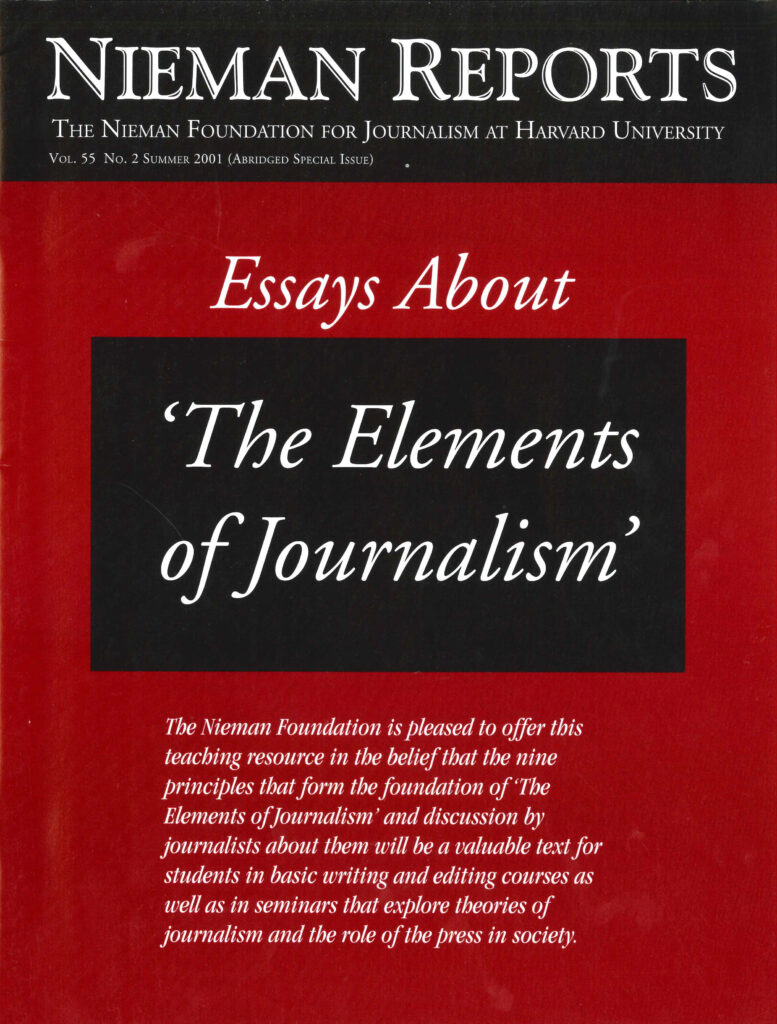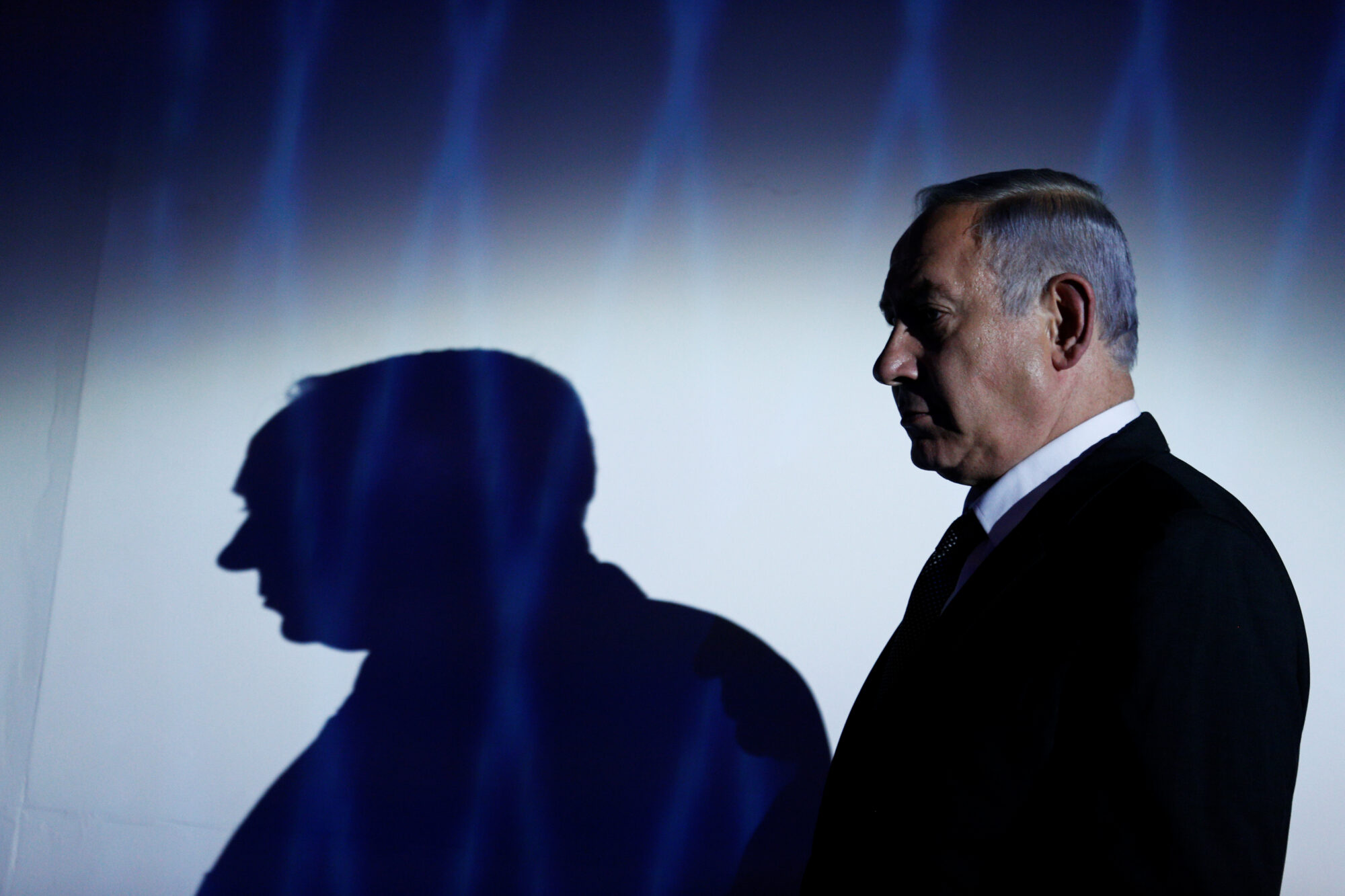Why didn’t you just give them the names and save yourself from this barbaric torture?”
Following my harrowing experience at the hands of Zimbabwean military authorities in January of 1999, I’ve been asked this question again and again. For nine days, I was tortured in an attempt to try to get me to divulge names of my sources within the Zimbabwe National Army that I’d used in a story that published details of an attempted coup against President Mugabe’s government. I endured beatings with planks, booted feet and fists, electric shocks and water suffocation for hours on end. Finally, I was released. The information had been withheld.
It would have been easier, certainly, for me to reveal our sources and “simply go home,” as my torturers kept telling me. “Yes, I have family,” I’d respond, and “Yes, I want to see them again,” I’d reply. But by taking that easier route, I’d have violated the professional ethics I’d been taught in journalism school as well as my personal conscience, about which Bill Kovach and Tom Rosenstiel write. Revealing their names would have betrayed and endangered our sources. And what would this have meant to the public’s perception about the integrity of my newspaper, of me, and of journalists in general? With all of this at stake, that route was neither an easy one nor the right one to take.
At a time when technological advancements are bringing about big changes in the way that our industry operates, some important tenets of journalism are being sacrificed in the rush to publish “news.” Are journalists adhering—as doctors and lawyers do—to a code of ethics that calls on them to protect their sources’ privacy in ways that are making members of the public feel safe in confiding information to a reporter? Or is the lure of a scoop obliterating this responsibility to protect sources and to follow the obligation of personal conscience? Too often, I believe, these more difficult burdens of our profession are simply tossed aside.
Kovach and Rosenstiel contend that “those who inhabit news organizations must recognize a personal obligation to differ with or challenge editors, owners, advertisers or citizens if fairness and accuracy require that they do so.” Some years ago, while I was working as a junior reporter on a Zimbabwean paper, I learned about a situation in which a used razor blade was found in a sealed Fanta bottle. When a man was just about to open the bottle to give to his three-year-old son, he saw the blade in the drink. After hearing this, I discussed the story with my editor and also made arrangements for a photographer to take pictures from various angles showing the contents of the bottle.
Here was a case of a young boy who could have been killed by this object. I wanted to find out if there were similar cases occurring on the bottling company’s product lines or, at least, investigate how this happened. But the editor did not share my enthusiasm for this story. Later, his lack of interest was explained to me: He’d taken the story to the publisher who had stated emphatically that no such story would be done. The Coca-Cola Company was the largest single advertiser for consumer publications like ours, and its parent company had the largest advertising budget in Zimbabwe. Weigh the potential loss of advertising against possible harm to people who purchase these drinks, and you can guess which one comes in a distant second in the publisher’s perspective.
Though I’d done everything I could to push for this story to be done, I felt angry, guilty and hopeless, and my view of the publisher and the publication deteriorated. I’d tried to challenge the editor and ask that the story about this bottle be published, if only on moral grounds. He threw his hands into the air and pleaded impotence given the publisher’s strict instructions. Yet this publication was considered a leader in exposing inequities brought about by the actions of individuals and businesses in Zimbabwe. We held ourselves out as being the fearless and outspoken champions representing the underdogs of society.
After this experience, a feeling of revulsion gripped me and, at the first possible opportunity, I happily closed the door behind me at that paper. I left with an invaluable lesson—never would I hesitate in speaking up and challenging those in authority when something wrong is occurring.
There are numerous instances when journalists’ personal conscience is tested. Challenges that journalists confront and obligations they hold must be revisited as a way of reminding them of the important social contract they’ve made with society.
Mark G. Chavunduka, a 2000 Nieman Fellow, is editor of The Zimbabwe Standard.
Following my harrowing experience at the hands of Zimbabwean military authorities in January of 1999, I’ve been asked this question again and again. For nine days, I was tortured in an attempt to try to get me to divulge names of my sources within the Zimbabwe National Army that I’d used in a story that published details of an attempted coup against President Mugabe’s government. I endured beatings with planks, booted feet and fists, electric shocks and water suffocation for hours on end. Finally, I was released. The information had been withheld.
It would have been easier, certainly, for me to reveal our sources and “simply go home,” as my torturers kept telling me. “Yes, I have family,” I’d respond, and “Yes, I want to see them again,” I’d reply. But by taking that easier route, I’d have violated the professional ethics I’d been taught in journalism school as well as my personal conscience, about which Bill Kovach and Tom Rosenstiel write. Revealing their names would have betrayed and endangered our sources. And what would this have meant to the public’s perception about the integrity of my newspaper, of me, and of journalists in general? With all of this at stake, that route was neither an easy one nor the right one to take.
At a time when technological advancements are bringing about big changes in the way that our industry operates, some important tenets of journalism are being sacrificed in the rush to publish “news.” Are journalists adhering—as doctors and lawyers do—to a code of ethics that calls on them to protect their sources’ privacy in ways that are making members of the public feel safe in confiding information to a reporter? Or is the lure of a scoop obliterating this responsibility to protect sources and to follow the obligation of personal conscience? Too often, I believe, these more difficult burdens of our profession are simply tossed aside.
Kovach and Rosenstiel contend that “those who inhabit news organizations must recognize a personal obligation to differ with or challenge editors, owners, advertisers or citizens if fairness and accuracy require that they do so.” Some years ago, while I was working as a junior reporter on a Zimbabwean paper, I learned about a situation in which a used razor blade was found in a sealed Fanta bottle. When a man was just about to open the bottle to give to his three-year-old son, he saw the blade in the drink. After hearing this, I discussed the story with my editor and also made arrangements for a photographer to take pictures from various angles showing the contents of the bottle.
Here was a case of a young boy who could have been killed by this object. I wanted to find out if there were similar cases occurring on the bottling company’s product lines or, at least, investigate how this happened. But the editor did not share my enthusiasm for this story. Later, his lack of interest was explained to me: He’d taken the story to the publisher who had stated emphatically that no such story would be done. The Coca-Cola Company was the largest single advertiser for consumer publications like ours, and its parent company had the largest advertising budget in Zimbabwe. Weigh the potential loss of advertising against possible harm to people who purchase these drinks, and you can guess which one comes in a distant second in the publisher’s perspective.
Though I’d done everything I could to push for this story to be done, I felt angry, guilty and hopeless, and my view of the publisher and the publication deteriorated. I’d tried to challenge the editor and ask that the story about this bottle be published, if only on moral grounds. He threw his hands into the air and pleaded impotence given the publisher’s strict instructions. Yet this publication was considered a leader in exposing inequities brought about by the actions of individuals and businesses in Zimbabwe. We held ourselves out as being the fearless and outspoken champions representing the underdogs of society.
After this experience, a feeling of revulsion gripped me and, at the first possible opportunity, I happily closed the door behind me at that paper. I left with an invaluable lesson—never would I hesitate in speaking up and challenging those in authority when something wrong is occurring.
There are numerous instances when journalists’ personal conscience is tested. Challenges that journalists confront and obligations they hold must be revisited as a way of reminding them of the important social contract they’ve made with society.
Mark G. Chavunduka, a 2000 Nieman Fellow, is editor of The Zimbabwe Standard.



